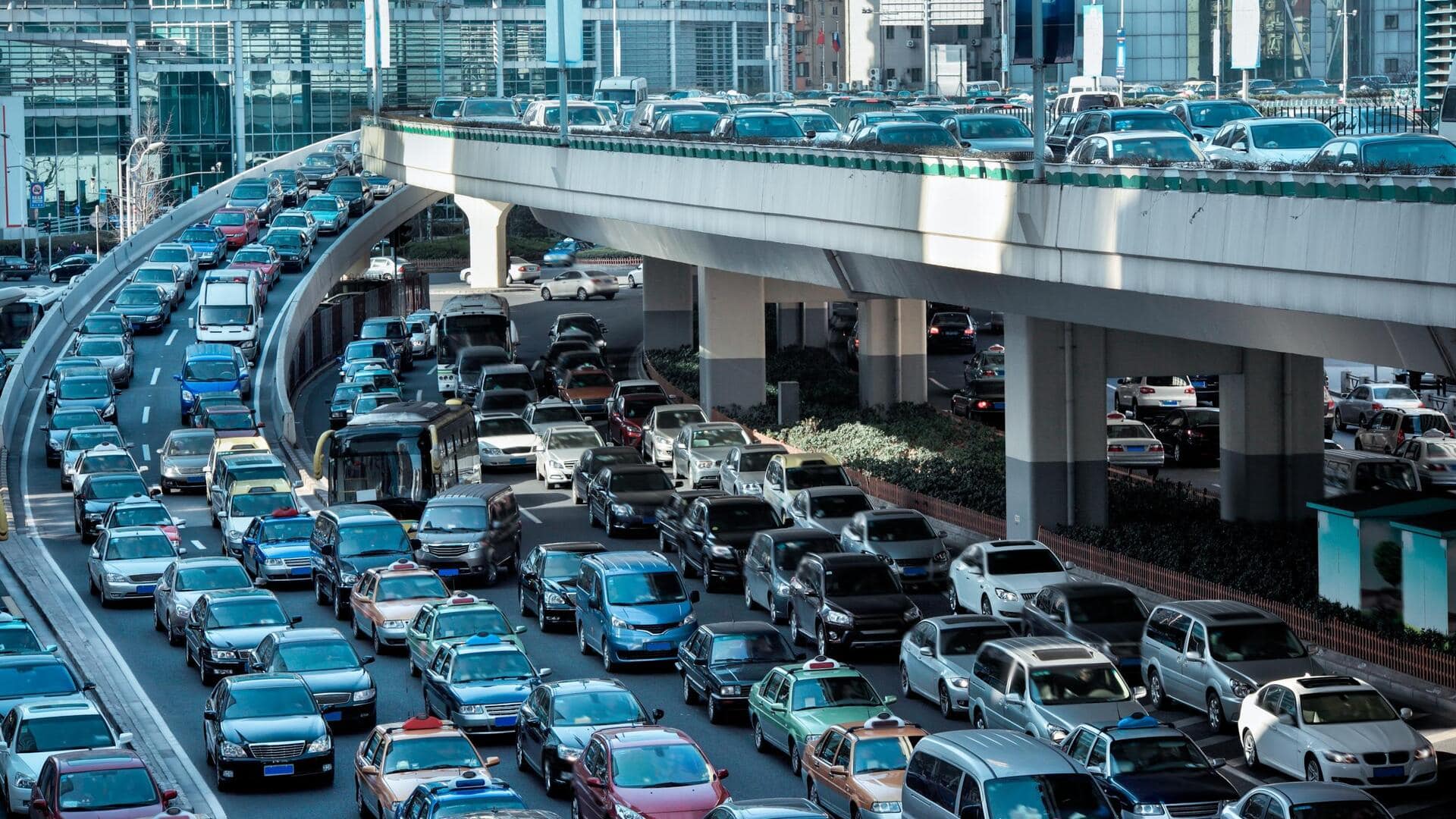
How Google's AI is reducing emissions by improving traffic flow
What's the story
Google's Project Green Light is making waves in the fight against traffic congestion and emissions in cities around the globe. Launched just two years ago, this innovative initiative now operates in 12 cities across 70 intersections and uses machine learning to analyze Google Maps data and optimize traffic light timings. That data is used to train models to help cut down on idle times and reduce the need for vehicles to brake and accelerate at intersections.
Details
Impressive results and global expansion
Starting with a pilot test at four intersections in Israel, Project Green Light has already shown impressive results, boasting a "10-20% reduction in fuel consumption and intersection delay time." The program has since expanded to cities like Rio de Janeiro, Manchester, and Jakarta, and Google plans to bring its project to even more cities in 2024. Early results show a potential 30% reduction in stops, and Manchester has seen up to an 18% improvement in emission levels and air quality.
Mechanism
How Project Green Light works
The secret sauce behind Project Green Light is its use of AI and Google Maps driving trends to model traffic patterns and suggest improvements to existing traffic light plans. City engineers can quickly implement these changes using existing infrastructure, and by coordinating multiple adjacent intersections, they can create waves of green lights that improve traffic flow and reduce stop-and-go emissions. Per Google, Project Green Light could save fuel and lower emissions for up to 30 million car rides every month.
Statement
Google's AI project is live in 3 cities in India
In India, Google's Project Green Light is live in three cities: Kolkata, Bangalore, and Hyderabad. Per Wired, traffic officers in Kolkata have made tweaks suggested by Green Light at 13 intersections over the past year, leaving commuters pleased, according to a statement provided by Google from Rupesh Kumar, Joint Commissioner of Police. "Green Light has become an essential component," he said.
Insights
Significance of Google's efforts in reducing emissions
Google's commitment to reducing carbon emissions doesn't stop there. The company's Maps routing has "helped prevent more than 2.4 million metric tons of carbon emissions—the equivalent of taking about 500,000 fuel-based cars off the road for an entire year," said Yael Maguire, Google VP of Geo Sustainability. With road transportation being a major contributor to global greenhouse gas emissions, Google's initiatives play a crucial role in lessening the environmental impact of urban traffic and promoting sustainable solutions for cities worldwide.